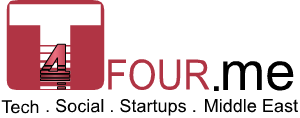ICT Qatar has recently released a study of Internet habits of the users towards cyber Safety and privacy in the Middle East. Mapped against the world average, users  in the region they are more supportive of the idea that government authorities should block harmful content online that is ‘racist’ or ‘discriminatory’; or potentially damaging to children.
in the region they are more supportive of the idea that government authorities should block harmful content online that is ‘racist’ or ‘discriminatory’; or potentially damaging to children.
Some Interesting Findings of the research: -
· MENA users are less likely to shop or bank online; and are strongly against data re-purposing.
· They express a strong desire for Governments to protect audiences from harmful content.
· Banks and financial institutions in the region are the most trusted Internet actors.
· Firmly believe that “the Internet is making things better for people like me.”
· Inconsistencies in claimed behaviors and actions; which may impact on users privacy and safety.
Middle East users also lead the way in terms of adopting technologies such as VoIP, and enjoy some of the highest levels of satellite TV adoption anywhere in the world; with many homes also having an active cable connection too. This reflects the continued importance of TV as an entertainment and news medium in the region.
The full paper is available for download from the ICT Qatar website (En/Ar) and a 5,000 word summary (En/Ar). Embeddable versions can also be found on .
Results derived from an online survey of 2,793 Internet users in 14 countries across the Middle East and North Africa, and a further sample of 8,432 additional respondents from 44 other countries. Fieldwork was conducted by comScore and Toluna.

